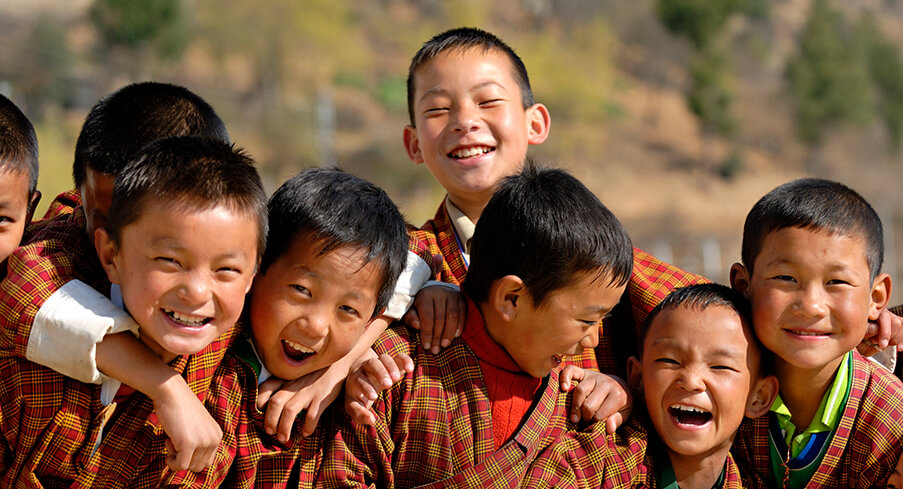nyssenate31.com – Bhutan, often referred to as the “Kingdom of Happiness,” has long been celebrated for its unique approach to measuring and promoting happiness among its citizens. Unlike most countries that focus on economic indicators like GDP, Bhutan has adopted the Gross National Happiness (GNH) index as a guiding principle for its development policies. This article explores how Bhutan’s educational system incorporates happiness classes to foster a holistic sense of well-being among its students.
The Concept of Gross National Happiness
Bhutan was the first country in the world to pursue happiness as a state policy, with the GNH index evaluating multiple aspects of life, including living conditions, psychological well-being, health, use of time, education, cultural resilience, and good governance. This comprehensive approach ensures that development is not solely measured by economic growth but also by the happiness and well-being of its citizens.
Incorporating Happiness in Education
The Bhutanese government places a high value on education, allocating significant resources to ensure that all children receive a quality education. From kindergarten to grade ten, education is free and compulsory, with additional support provided to students in remote areas, including free textbooks, stationery, boarding, and meals. This commitment to education extends beyond academic subjects to include happiness classes.
The Role of Happiness Classes
Happiness classes in Bhutan’s educational system are designed to instill values and practices that promote mental and emotional well-being. These classes are not just about teaching students to be happy but also about equipping them with the tools to navigate life’s challenges with resilience and compassion.
Key Components of Happiness Classes
- Mindfulness and Meditation: Students are taught mindfulness techniques and meditation, which are deeply rooted in Bhutan’s Buddhist culture. These practices help students develop a greater awareness of their thoughts and emotions, fostering a sense of inner peace and calm.
- Emotional Intelligence: Happiness classes emphasize the importance of emotional intelligence, teaching students how to understand and manage their emotions effectively. This includes learning to empathize with others and develop healthy relationships.
- Cultural Resilience: The classes also focus on preserving and promoting Bhutanese culture and traditions. By instilling a strong sense of cultural identity, students are better equipped to resist the negative influences of globalization and maintain their unique cultural heritage.
- Ethical Values: Students are taught ethical values such as compassion, honesty, and responsibility. These values are integrated into the curriculum to ensure that students grow up to be not only academically successful but also morally upright individuals.
Challenges and Criticisms
While Bhutan’s approach to happiness education is innovative and commendable, it is not without its challenges. Some critics argue that the focus on happiness and well-being might overshadow the importance of academic achievement. Additionally, the integration of spiritual and cultural practices in education might not be universally accepted, especially in a globalized world where diverse values and beliefs coexist.
Conclusion
Bhutan’s happiness classes represent a unique and holistic approach to education, aiming to nurture not just academically successful students but also emotionally balanced and culturally resilient individuals. By incorporating mindfulness, emotional intelligence, cultural resilience, and ethical values into the curriculum, Bhutan is setting an example for other countries to follow. As the world continues to grapple with the complexities of modern life, Bhutan’s approach to happiness education offers valuable lessons on how to foster a more balanced and fulfilling life for all.
